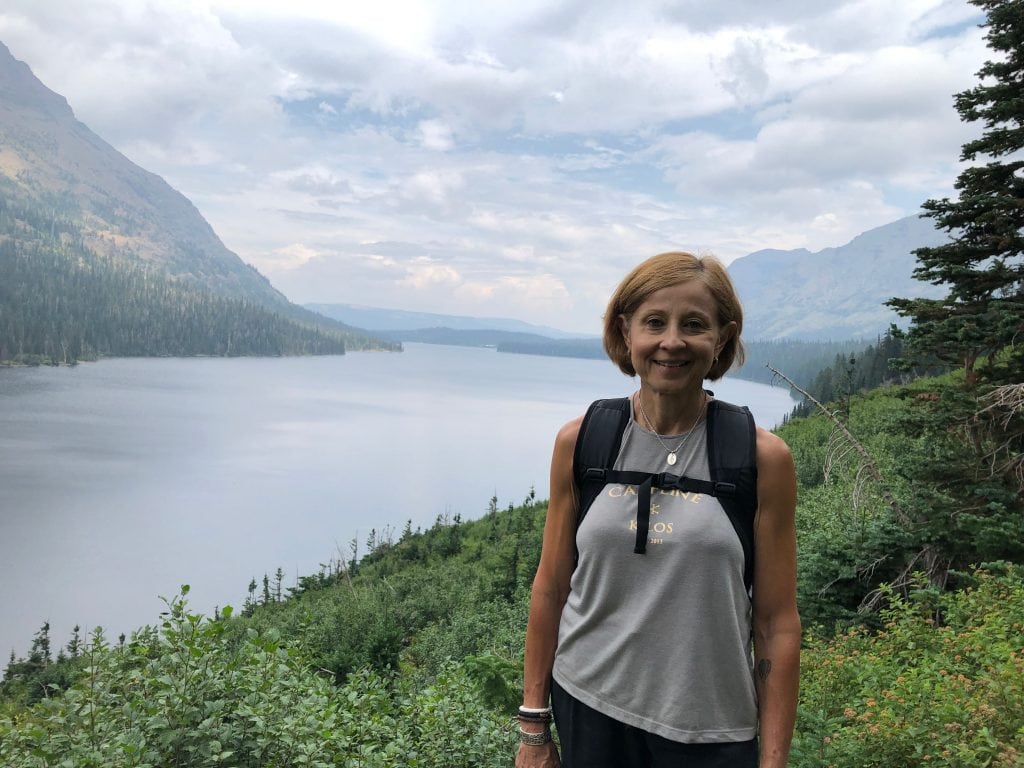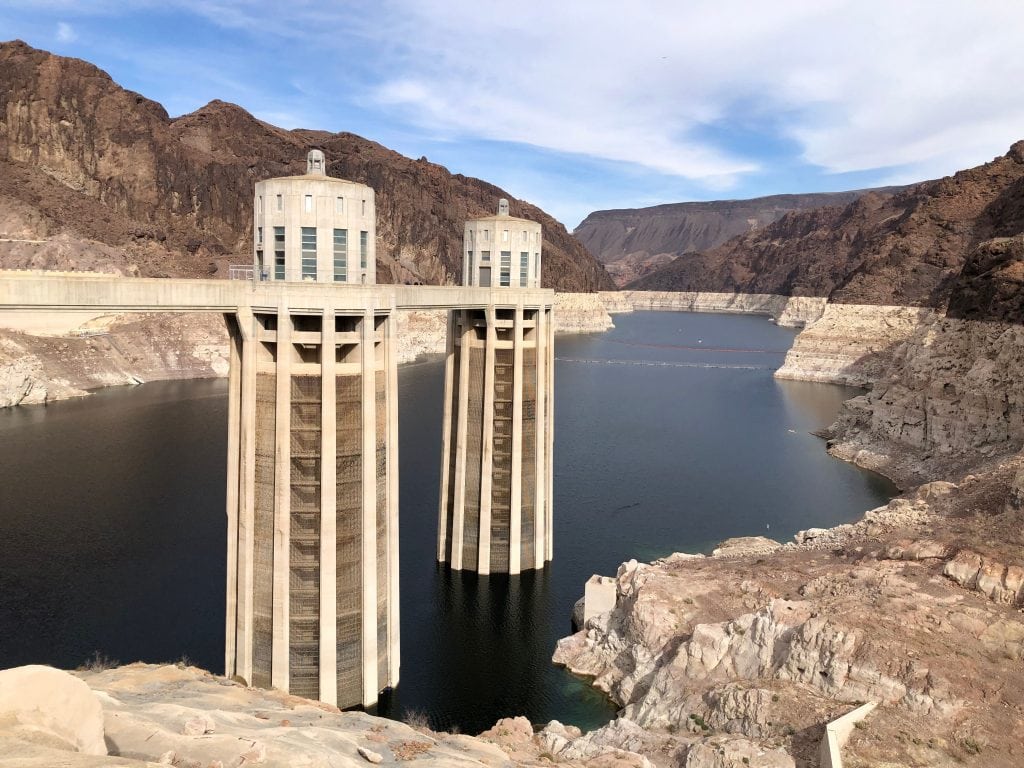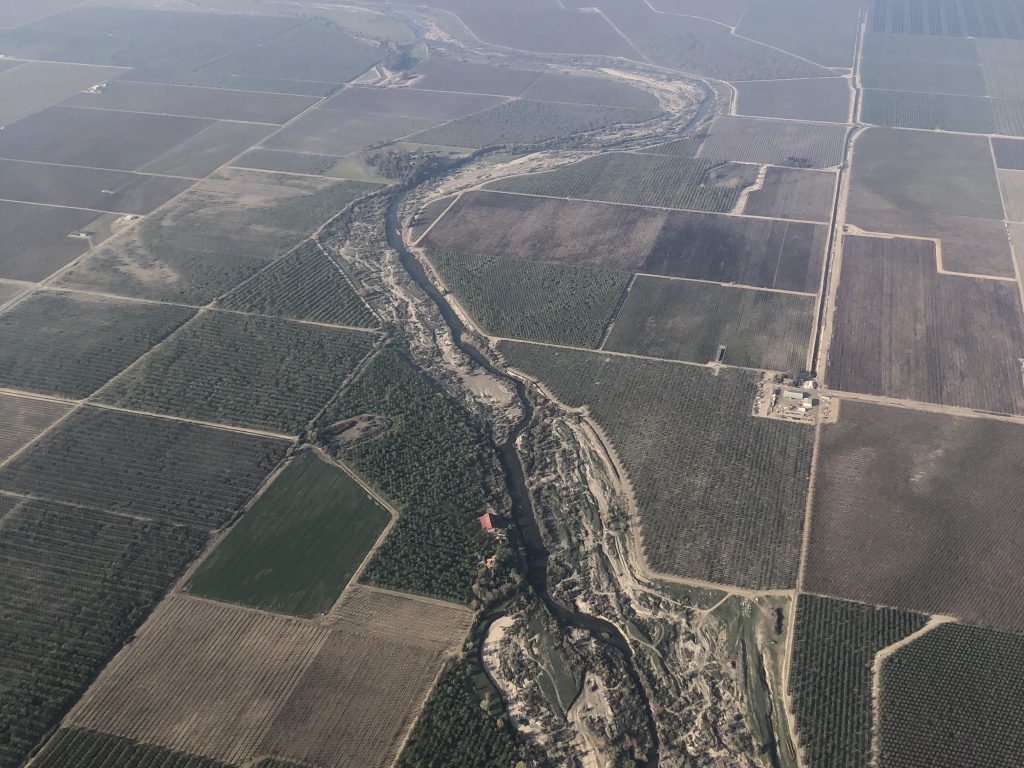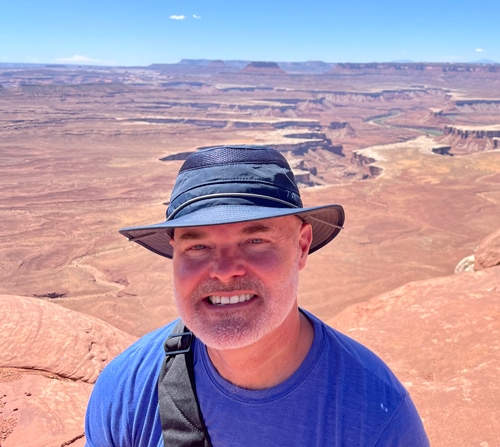Welcome to Episode 5! Today we’re kicking off the summer season with a road trip! Host Sarah Thorne is joined by Todd Bridges, Senior Research Scientist for Environmental Science with the US Army Corps of Engineers and the National Lead of the Engineering With Nature® Program to talk about a new podcast mini-series. Over the past 2 years, Todd has been traveling across the country to visit people, places, and projects and he’s been reflecting on his experiences by writing a travel blog. We’re bringing highlights from the EWN On The Road blog to a podcast format—easy listening for summer travelers!
In the summer of 2021, Todd and his wife and the unofficial EWN driver, Anita, traveled across 14 states from Mississippi to Montana and back in what Todd calls the Heartland Tour. “It was mind-altering for me,” Todd says. “It’s so important to me, and I think to most of us, to put ourselves in places and in contexts to stimulate our minds, our creativity, and our thinking. Over the course of a month and 5,547 miles, it just changed the way I thought about the land, the landscape, nature, the relationship of people to nature, what we’ve done in the past collectively to nature, and what we need to do to remedy our relationship with nature.”

During the trip, Todd was posting his thoughts and observations to the EWN On The Road page on the EWN website. “I’ve had the opportunity, really the blessing, professionally to have traveled extensively, not only across the United States, but in other countries around the world, to see projects incorporating nature-based solutions and natural infrastructure—what we talk about as Engineering With Nature—in a whole variety of places and to talk with the people who made those projects happen. I became increasingly convinced that I needed to share those experiences with others so, in a sense, they can also participate in those experiences and that learning that I was able to engage in by being there and having my feet on the ground or in the water and seeing those projects.”
Todd describes how he was struck by the vast agricultural landscapes and the relationships between the land, the communities, and the Mississippi and Missouri Rivers. And he appreciated the opportunity to visit with USACE colleagues, including Eddie Brauer (St. Louis District, Heartland Tour Stop #3) and David Crane (Omaha District, Heartland Tour Stop #6) the two USACE Riverine EWN Practice Leads, whose work and projects represent the future of sustainable infrastructure development.
In early 2022, Todd and Anita headed out on the Southwest Swing, traveling nearly 8,000 miles through 8 states to visit more people, places, and projects, including Hoover Dam and Lake Mead, which is at its lowest level in its history, an alarming indication of the megadrought that has gripped the Southwest. Its current water level is at 35% capacity, for a reservoir that supports 40 million people. Lake Powell upstream on the Colorado River is also at a historic low. A paper recently published in the journal Nature Climate Change highlights that this is the most intense drought in the region in 1200 years. Todd notes, “The need is intense to make use of new ways—natural infrastructure—to address the cycles of drought and flooding that occur in the Southwest.”

The California Swing in 2021 and continuing in 2022 makes a personal connection for Todd who was born and raised in the San Joaquin Valley of California. As discussed on previous EWN Podcast episodes S3E8 and S3E9 with author Mark Arax, the water infrastructure story of California, as Todd notes, “is complex and impressive on any scale. It is the most complex water engineering of any place in the world and has created the $50 billion California agricultural powerhouse.” With that comes unprecedented challenges—social, environmental, and economic. Todd delves into these challenges and associated opportunities in upcoming EWN On The Road podcasts.

During this summer’s EWN On The Road podcast mini-series Todd reflects on his 13,000 miles of travel across the country: “Maybe during this holiday time over the summer, listeners will be stimulated to think beyond the interstate—get off road and think about what they see and their relationship personally, or collectively with their community, with nature and how improving that can serve the greater good.”





